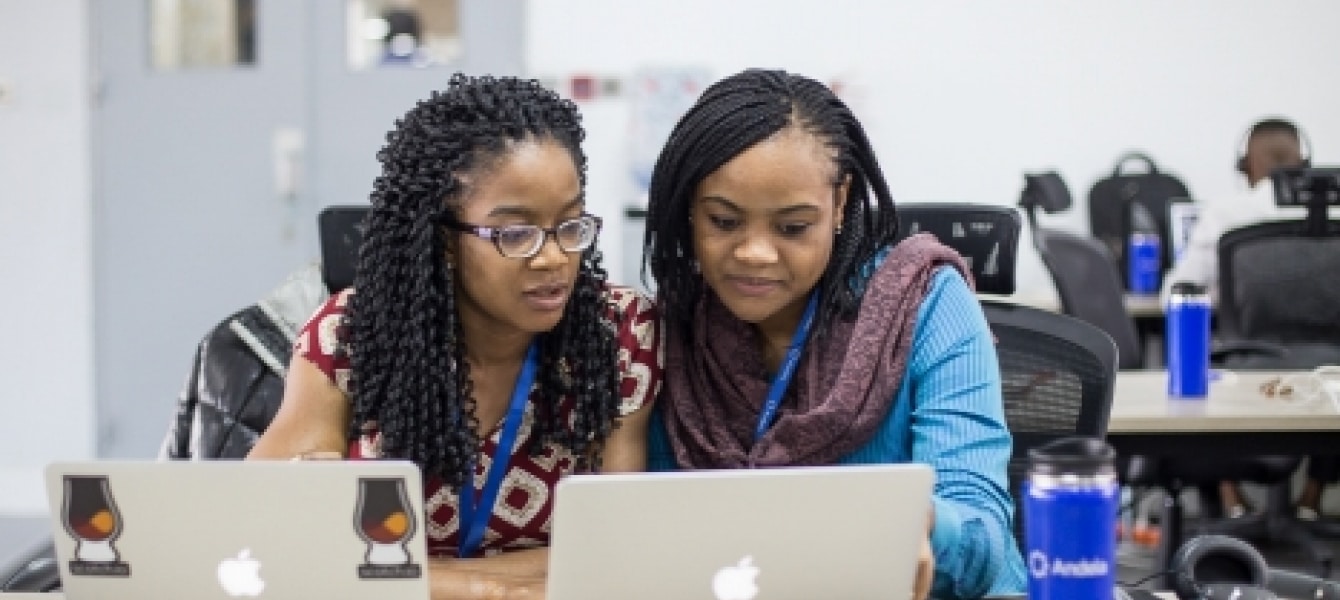Africa finds itself at a fascinating turning point in its demographic and social history. On one hand, thousands of young Africans dream of leaving to find better opportunities abroad, while paradoxically, a growing portion of the African diaspora is eager to return to the continent to contribute to its development. This double movement, far from being contradictory, reflects complementary aspirations that are reshaping Africa’s future.
Young Africans: The Desire to Explore New Horizons
For many young Africans, the desire to leave is driven by a need for prosperity and stability, which may be lacking in their home countries. Africa is rich in resources, but access to economic opportunities remains limited for a significant portion of the youth, many of whom face high unemployment rates. Talented and ambitious, these young people are seeking spaces where they can fully express their potential, gain experience, and often send money back home to support their families.
As Stephen Smith pointed out in his analysis of African migration, it is not the poorest who leave, but those who have the financial means to do so. These young individuals view migration not as an escape, but as an opportunity to broaden their perspectives, gain a quality education, or build a career in more developed sectors.
The African Diaspora: The Return of Talents
While many young Africans dream of leaving, another significant phenomenon is occurring: the return of the diaspora. More and more Africans living abroad, often educated at prestigious universities or having gained professional experience internationally, are deciding to return to Africa.
Why are they returning? Because many in the diaspora recognize the untapped potential of Africa and want to participate in the continent’s economic dynamism. From fintech to agribusiness, to tech startups, emerging African sectors are increasingly offering opportunities for entrepreneurs and professionals alike.
For this diaspora, returning is not just about going back to their roots; it is an opportunity to actively participate in the continent’s transformation by investing their skills and know-how acquired abroad. These returns are often motivated by a search for purpose, a desire to contribute to their countries’ growth, and to play a key role in shaping the continent’s economic and social future.
Two Complementary Aspirations
Rather than seeing these two dynamics as opposing forces, it is more constructive to view them as complementary. Young people who leave enrich their skills abroad, gain experience, and often consider returning after building expertise. Meanwhile, the returning diaspora becomes a model for young people seeking international perspectives, while reinvesting in the continent with their knowledge.
The return of the diaspora also helps create an economic and cultural bridge between Africa and the rest of the world. Through these returns, Africa benefits from business networks and international partnerships, accelerating the development of local businesses and attracting new investors.
Africa’s future doesn’t rest solely on keeping its youth or repatriating its diaspora. What matters is creating an environment where both aspirations can coexist harmoniously. Offering more opportunities on the continent, encouraging returns, and facilitating mobility are crucial steps to build an Africa where talents can thrive, whether they are on the continent or abroad.
Ultimately, this double movement—departure and return—shows that Africa is a continent in full swing, ready to face global challenges while harnessing the tremendous energy of its youth.










